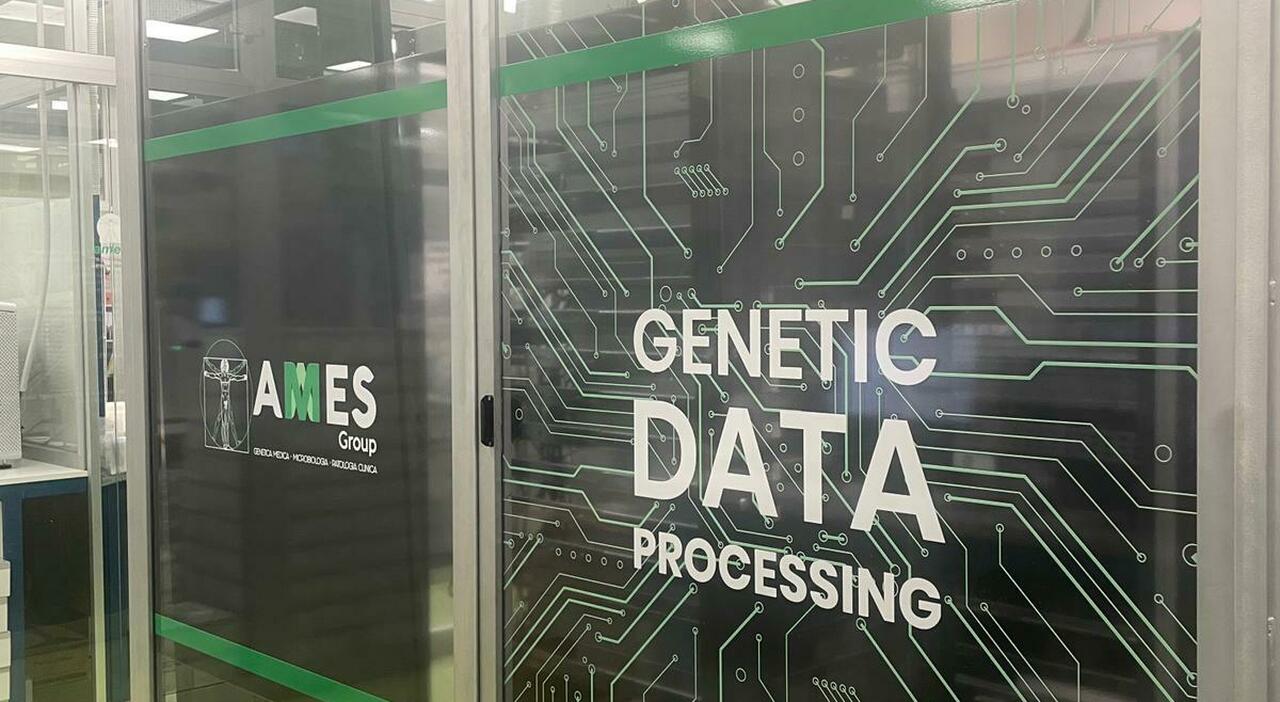An important step forward in precision medicine comes from a group of Italian researchers. The Ames Center, with locations in Naples, Cernusco sul Naviglio (Milan), and Florence, has identified two genetic mutations that can explain why tumors are more aggressive in patients with type II diabetes. The study, published in the International Journal of Cancer, reveals how the genetic variants p.V109G in the CDKN1B gene and p.P370R in the TCF7L2 gene play a dual role: they regulate glucose metabolism, increasing susceptibility to diabetes, and influence the aggressiveness of advanced-stage colon tumors. Among over 500 genes analyzed, only these two mutations were found to be associated with more severe tumor forms in diabetic patients. ‘Their presence can clarify the conflicting data that have emerged so far in international studies,’ explain the co-authors of the study, Giovanni Savarese and Raffaella Ruggiero. The research was based on bioinformatic analyses of major global databases, such as The Cancer Genome Atlas (TCGA), and on genetic tests conducted on clinical samples through advanced sequencing technologies, including Illumina NovaSeq 6000. The research team was coordinated by Antonio Fico, scientific director of the Ames Center, who has been promoting an integrated approach between genetics, oncology, and diabetology for years: ‘This discovery strengthens the importance of translational research and demonstrates how the integration of knowledge can produce concrete results for patients.’ Annamaria Colao, vice president of the Superior Health Council, comments: ‘Diabetes is a complex disease with multiple genetic trajectories. If some of these also influence tumor biology, understanding them is essential for prevention and treatment.’ For Lucia Altucci, professor of molecular oncology and member of the European board for innovative therapies: ‘Integrating metabolic and oncological genetic profiles paves the way for truly personalized treatments.’
© ALL RIGHTS RESERVED
This article is automatically translated

